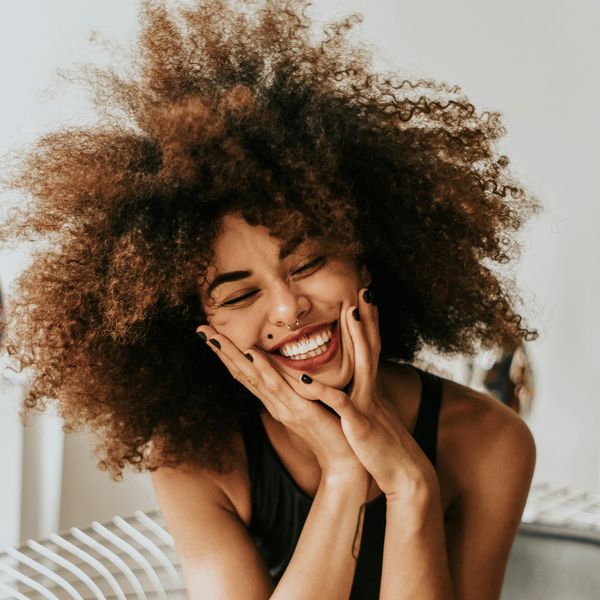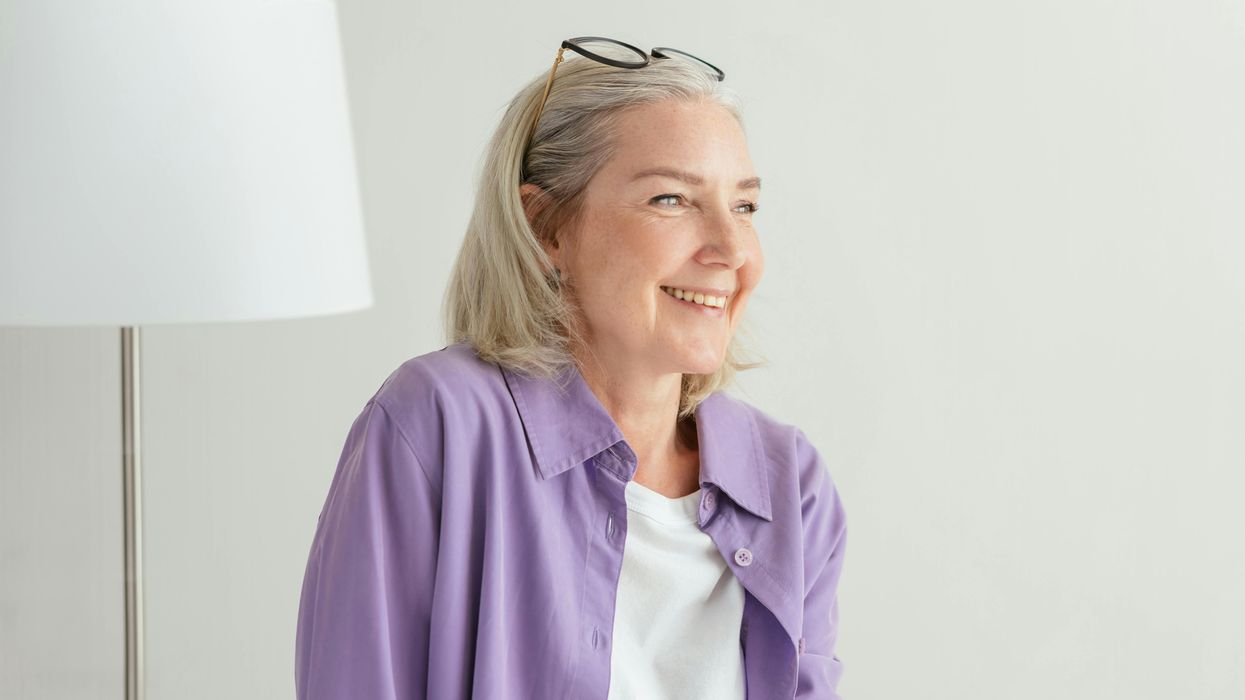Feeling Coronavirus Anxiety? These Three Tips Can Help You Keep Your Calm
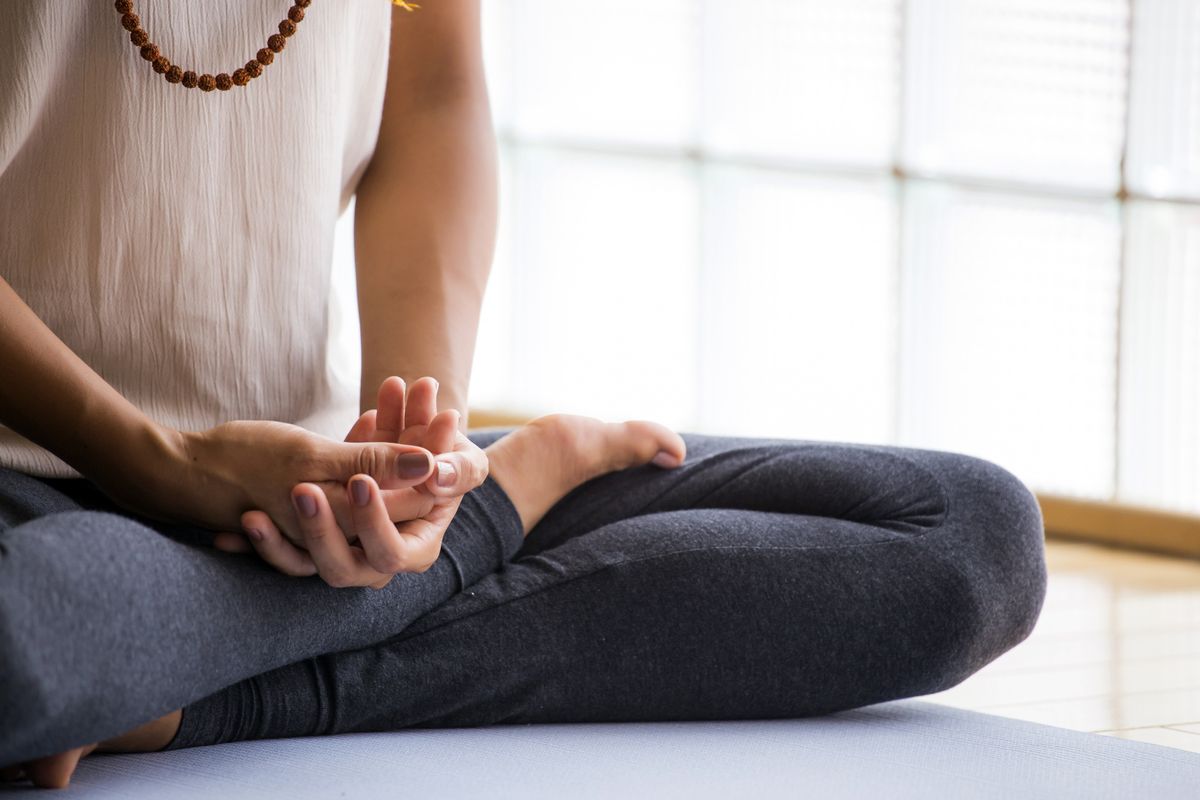
Kristen Vandivier is an instructor of Vedic Meditation, the founder of The Vedic Method and Meditation Without Borders and a mom to three kids. She is regarded for her ability to make profound teachings relevant to everyday life and her mission of promoting meditation for social change. You can sign up for her weekly wellness newsletter (featuring calming tips) via her website thevedicmethod.com.
Fear, just like a virus, is contagious, and right now we're having an anxiety pandemic. If you're struggling to stay calm, you're in good company. The outbreak of Covid-19 has caused a near constant stream of panicked news stories, schools and businesses are closing left and right and good luck finding a roll of toilet paper at Target. However, this fear, in many ways, is just as much a threat to our well-being as the virus itself. The good news is, there are steps you can take to stay sane and push back against the communal anxiety.
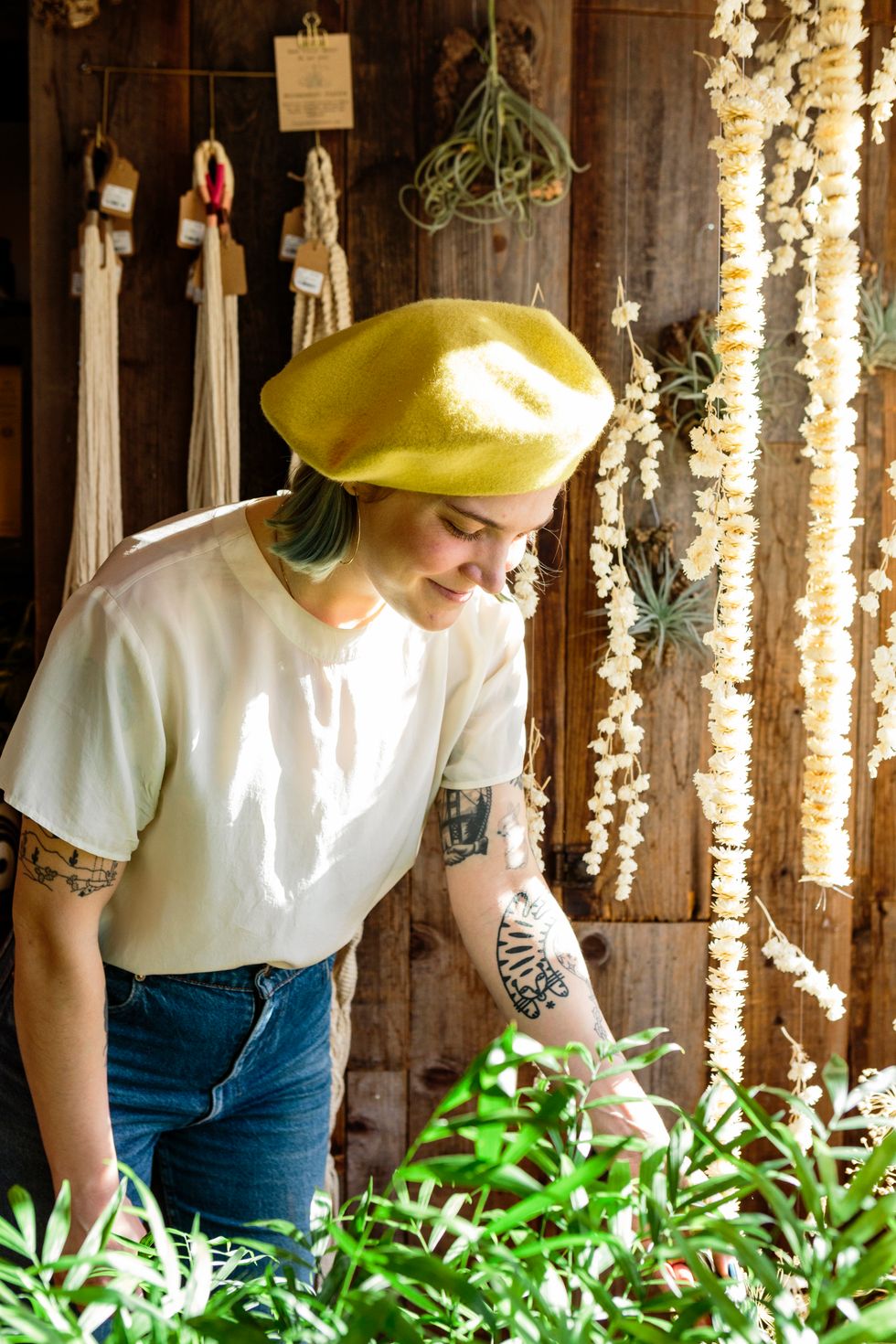
Be in the moment. Anxiety is a future-oriented state of mind and thrives on anticipating worst-case scenarios that often never end up happening. What if I get sick? What if they close the airports? What if Trader Joe's runs out of everything? By simply bringing your attention to the present moment, and asking yourself, "Am I safe right now? Is there anything that needs doing?" you can ease your mind instantly. One of the best ways to reel yourself into the present is to find your breath. It's always right there no matter what's going on and deep diaphragmatic breathing helps the body go from the fight-or-flight response to rest-and-digest mode. One of the most effective and easiest breath techniques is called a "box breath": try inhaling and filling the belly and then the chest for five counts, hold at the top of the breath for a count of five, then calmly exhale and hold at the bottom of the breath, both for five counts.
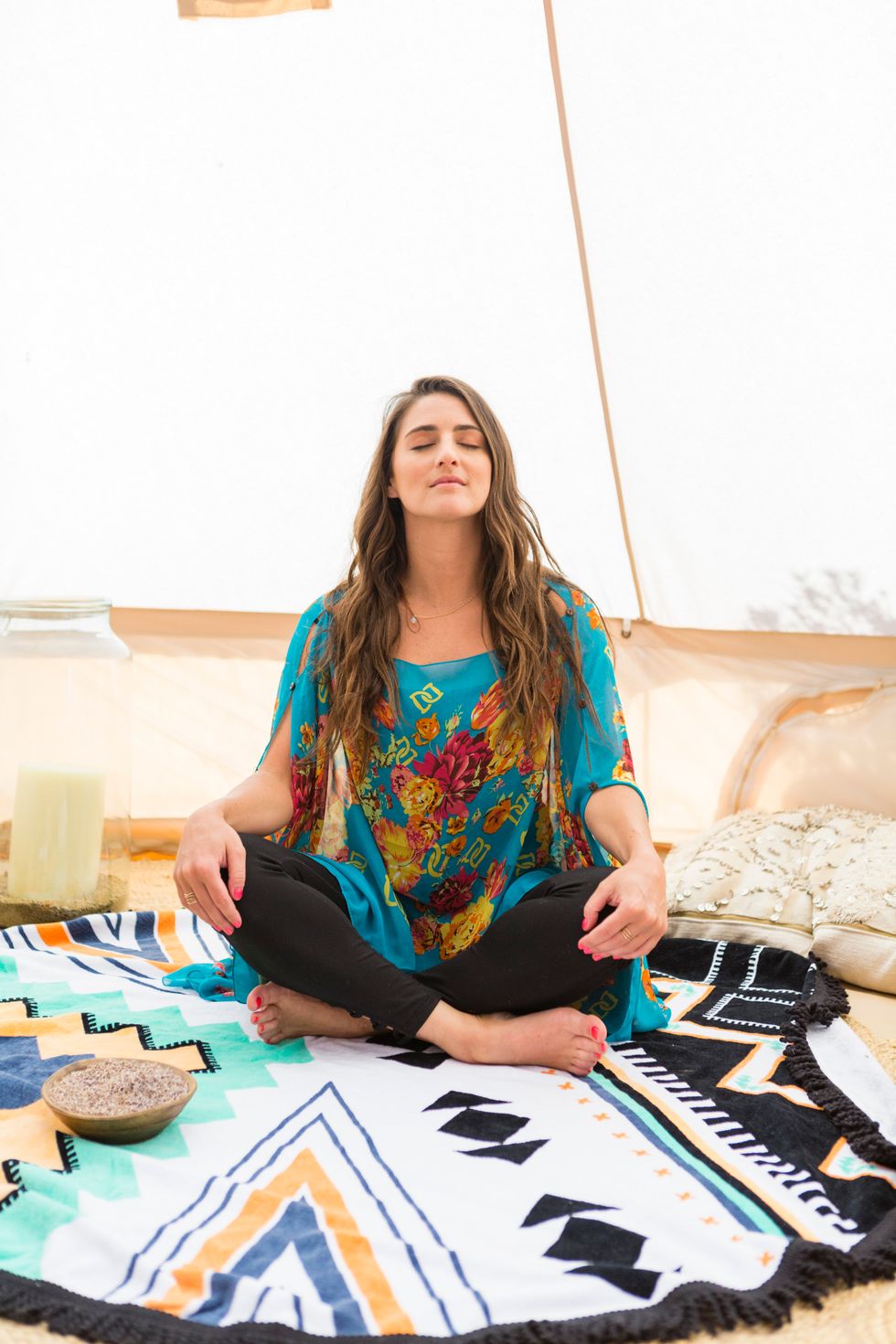
Pick up meditation. Now is not the time to start skipping meditation, and if you haven't learned yet, take some of the time that just freed up from all those cancelled events to give it a try. Not only does meditation greatly support the immune system (for example, meditators experience 30% fewer infectious diseases), it immediately starts working to pull the stress chemistry (cortisol, adrenaline, etc.) out of your cells' receptors and replaces it with bliss chemistry (dopamine, seratonin, etc). Also, we experience fear if we don't feel confident in our ability to adapt, and meditation releases deep-seated stress which in turn greatly increases our adaptation energy. The more adaptation energy you have, the more likely you will find a creative work-around (as opposed to freaking out) if the virus causes a drastic change in your plans.

Don't forget to laugh. There's nothing like a pandemic to make people get awfully serious all of a sudden, but probably the most enjoyable way to find relief from all the collective stress is to laugh, no joke! Laughter increases the endorphins that are released by your brain and decreases blood pressure. So, take a breather from the constant fear-mongering news stories and switch over to Netflix's latest stand-up special (though we might recommend staying away from the movie theater, no need to fear, but, you know, still good to be cautious).
Want to make life a little more chill? Sunday Scaries is offering 20% off their CBD products for all Brit + Co readers. Use Brit20 at checkout!


